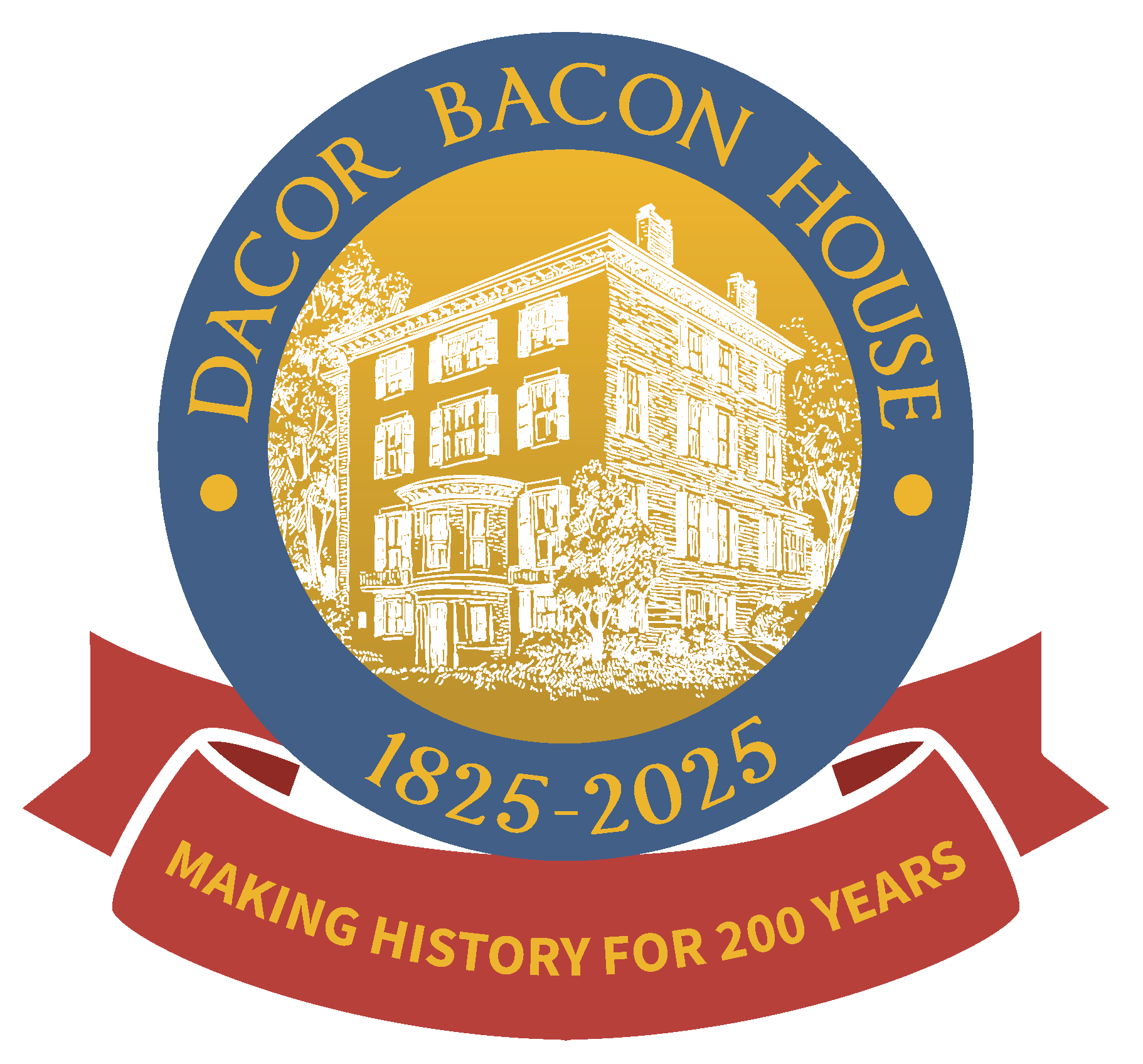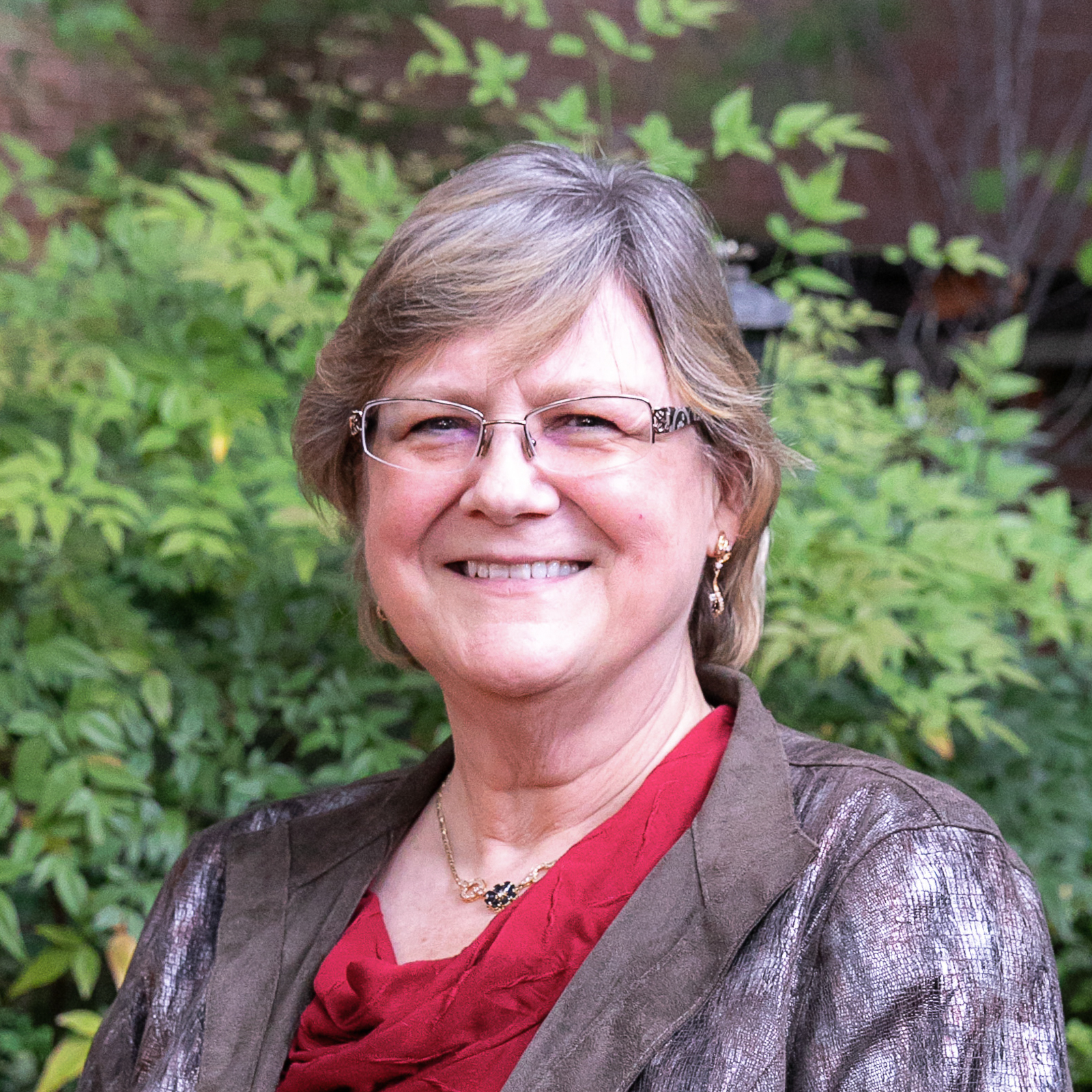DACOR Bacon House History: Academic Library

Most Recent Articles
The Fullers’ Household Staff, 1896-1910
Mary Coolbaugh Fuller, Thwarted Concert Pianist
Mamie visited her parents often at 1801 F Street after they moved into the house in 1896. She was present at the wedding of her younger sister Fanny in 1906 which took place in the house. But her home was in Chicago where she had grown up and where she had many friends.
Carrie Carroll and Her Three Husbands
For a searchable database of all posts, click here.
Our Authors

Terence Walz is the resident historian at DACOR Bacon House. He is a historian of modern Egyptian history with a doctorate from Boston University. He is the author and editor of two published books and has recently contributed articles to the Journal of Supreme Court History and the website of the White House Historical Association. Dr. Walz’s work in international organizations led him to the DACOR Bacon House where he has been a member for six years. He has taken on the task of researching and documenting the history of the DACOR home, its history, and its inhabitants, particularly the first one hundred years. This archive is a growing collection of his work.

Elizabeth Warner, a lawyer by training and DACOR member, is researching the life of Virginia Murray Bacon, the last private owner of the DACOR Bacon House from 1925 to 1980. She is an adjunct professor at New England College, where she designs and teaches courses in law and political science. A long-term resident of the Washington, D.C. area, she also lived and worked throughout Europe, the Middle East and Asia for 14 years, often in extremely challenging environments. In addition to articles about Mrs. Bacon, she has published material on human rights, international law and other subjects. Ms. Warner has law degrees from the University of Michigan and Georgetown University.

